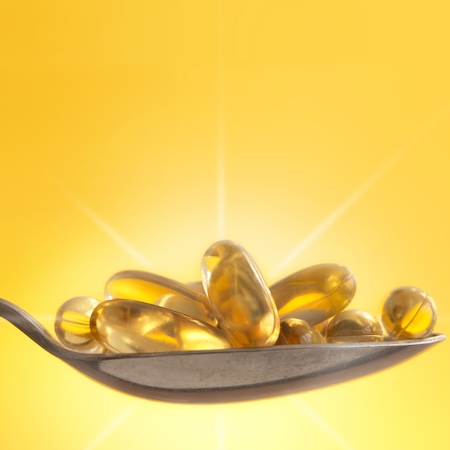Sunlight and obesity, by Marc Sorenson, EdD
Sunlight and obesity have a very interesting association, according to recent research. Hence, if the relationship is inverse (more sunlight=less obesity), it is time to add sun exposure to weight control programs. And, sunlight deprivation is also associated with other problems such as cardiovascular disease, according to the study’s authors.
The authors’ important statement regarding sunlight and obesity.
“Animal studies have confirmed that ultraviolet (UV)-B radiation, independently of vitamin D, can limit diet-induced obesity, metabolic syndrome and atherosclerosis.”
Furthermore, all of those conditions can lead to severe disability and death. So, the relationship between sunlight and disease is transcendentally important.
In this study, mice were the subjects, because, I suppose, most humans do not have time to spend being researched.
The important takeaway regarding sunlight and obesity
First of all, the mice were subjected to a diet high in fat and sugar. Then, the effect of sunlight was determined by irradiating one group of mice with UV light. UV light, of course, is also found in sunlight. As a result, the researchers determined that “solar-simulated UV can significantly limit diet-induced obesity.” This is most noteworthy. There is probably no bariatric physician who knows about the inverse relationship between sunlight and obesity.
In addition, another important finding coupling sunlight and obesity to vascular diseases.
It is especially relevant that another exceptionally important finding emerged in the irradiated mice. The development of atheromas, plaques that indicate cardiovascular disease, was remarkably reduced due to the “sunlight.” Rather important, don’t you think?
When we study sunlight and obesity (or another topic), remember it is not always possible to extrapolate from mice. Usually, however, the research is sound and can be used to simulate outcomes among humans. That is particularly true for humans who eat the same diet that the mice ate: filled with fat and sugar. But in conclusion, humans who believe that sunning will overcome or prevent all maladies of junk nutrition are sadly mistaken. So, sun exposure is a marvelous help, but in this case serves as an antidote to the nutritional poison. Lack of sunlight itself is not the cause of obesity, even though sunlight and obesity have a strong inverse relationship. It almost makes one want to sunbathe, does it not?


